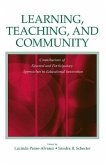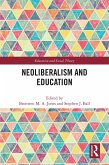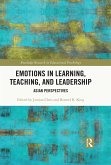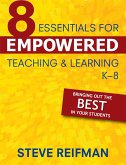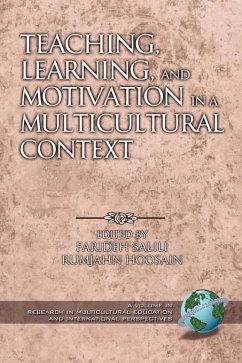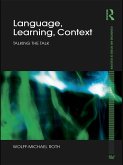This edited book, as you can see from its title, is about learning, or at least about the concept and practice of learning. The contributors to this volume are focusing on two meta-concepts, knowledge and learning, on the relationship between the two, and the way these can be framed in epistemic, social, political and economic terms. Knowledge and learning, as meta-concepts, are positioned in various networks or constellations of meaning, principally: the antecedents of the concepts, their relations to other relevant concepts, and the way the concepts are used in the lifeworld.
In this book the various authors explore a number of important concepts that are relevant to the idea of learning. These are meta-concepts such as epistemology, inferential role semantics, phenomenology, rationality, thinking, hermeneutics, critical realism and pragmatism, and meso-concepts such as probability, woman, training, assessment, education, system, race, friendship, Bildung, curriculum, ecology and pedagogy. Like David Scott's first volume of On Learning, this collection focusing on philosophy, concepts and practices is a response to empiricist and positivist conceptions of knowledge. It challenges detheorised and reductionist ideas of learning that have filtered through to the management of our schools, colleges and universities; over-simplified messages about learning, knowledge, curriculum and assessment; and fostered the denial that values are central to understanding how we live and how we should live - the normative dimension to social policy and social theorising. This book is also an attempt at a Bildungstheorie.
In this book the various authors explore a number of important concepts that are relevant to the idea of learning. These are meta-concepts such as epistemology, inferential role semantics, phenomenology, rationality, thinking, hermeneutics, critical realism and pragmatism, and meso-concepts such as probability, woman, training, assessment, education, system, race, friendship, Bildung, curriculum, ecology and pedagogy. Like David Scott's first volume of On Learning, this collection focusing on philosophy, concepts and practices is a response to empiricist and positivist conceptions of knowledge. It challenges detheorised and reductionist ideas of learning that have filtered through to the management of our schools, colleges and universities; over-simplified messages about learning, knowledge, curriculum and assessment; and fostered the denial that values are central to understanding how we live and how we should live - the normative dimension to social policy and social theorising. This book is also an attempt at a Bildungstheorie.
Dieser Download kann aus rechtlichen Gründen nur mit Rechnungsadresse in A, D ausgeliefert werden.




